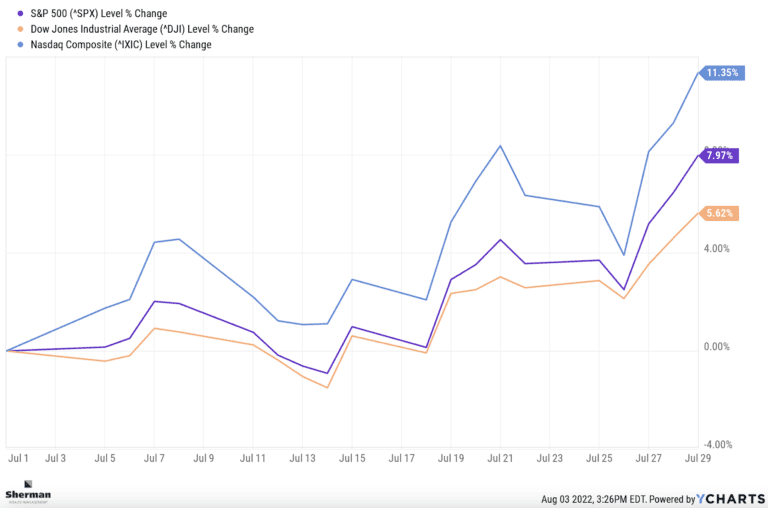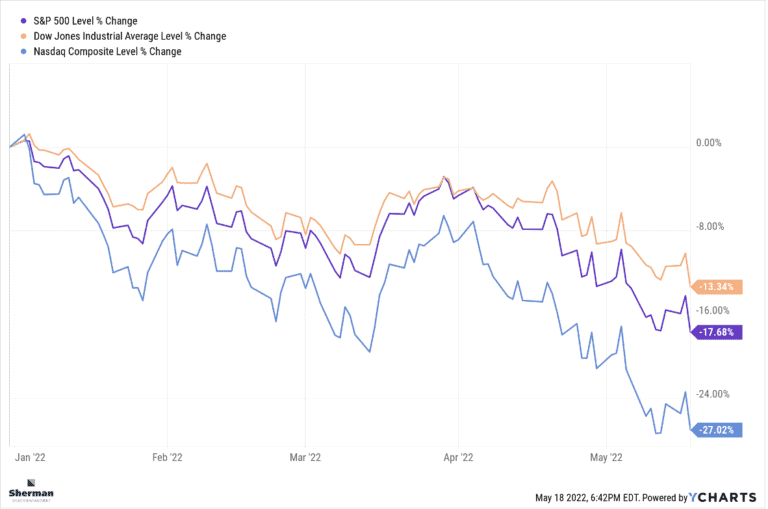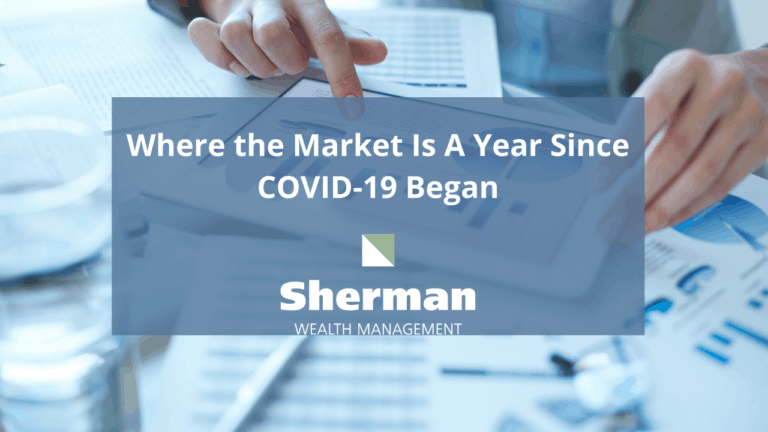Is Your Money Safe?
Is my money safe? As expected, this is the number one question we have been getting from clients and prospects following the SVB collapse and banking crisis. So, where should we begin? Well for starters, it is certainly an unusual time in the economy, where we as humans never really thought about whether our money…









